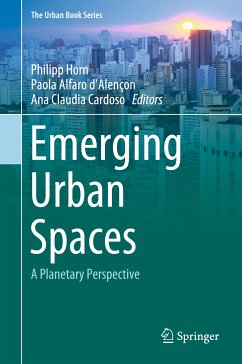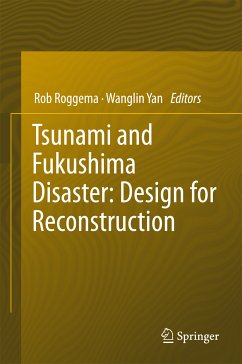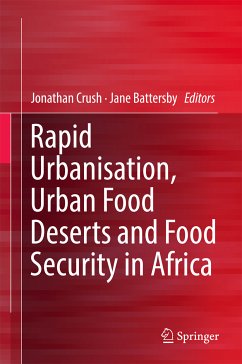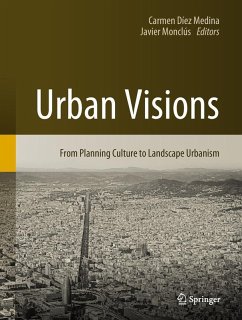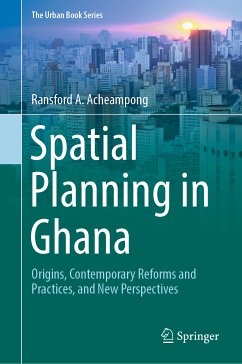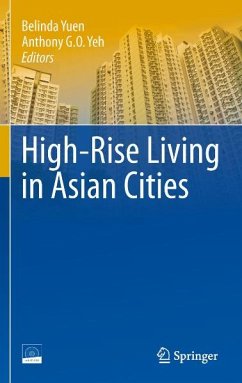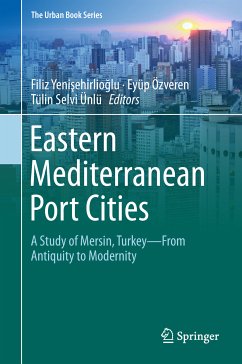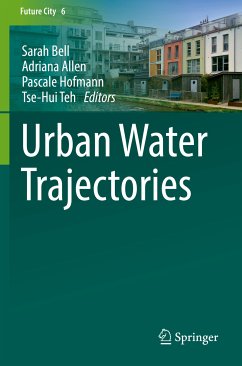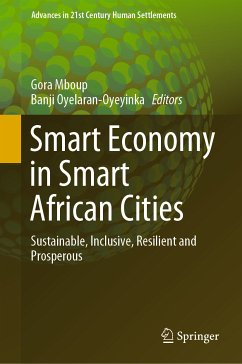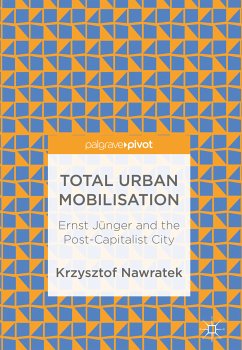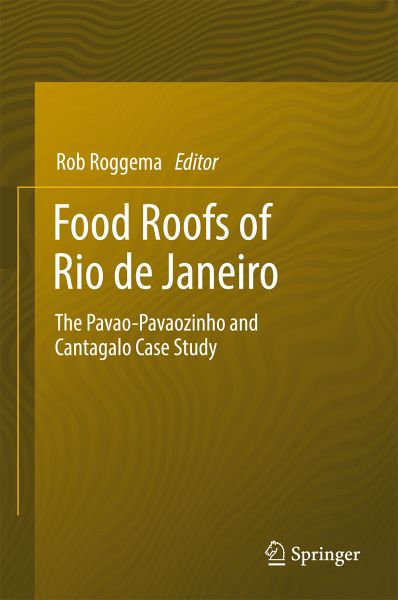
Food Roofs of Rio de Janeiro (eBook, PDF)
The Pavao-Pavaozinho and Cantagalo Case Study
Redaktion: Roggema, Rob
Versandkostenfrei!
Sofort per Download lieferbar
72,95 €
inkl. MwSt.
Weitere Ausgaben:

PAYBACK Punkte
36 °P sammeln!
One important change in the Brazilian policies is the Pacification. In recent years the government has invested in creating safer and more livable favelas. This generally starts with creating a UPP, a police post at a central location, from where the safety is maintained. Once this has been established the PAC, the government organisation for accelerating urban development in the favelas, starts to make plans to improve the quality of life in the favela: drinking water, electricity, sewage system and other basic systems. It is essential to include the growth of food in their policies.Secondly,...
One important change in the Brazilian policies is the Pacification. In recent years the government has invested in creating safer and more livable favelas. This generally starts with creating a UPP, a police post at a central location, from where the safety is maintained. Once this has been established the PAC, the government organisation for accelerating urban development in the favelas, starts to make plans to improve the quality of life in the favela: drinking water, electricity, sewage system and other basic systems. It is essential to include the growth of food in their policies.
Secondly, the discourse in urban agriculture shifts from the early stage in which every initiative is interesting, food production is a social activity and an estimated contribution to sustainability, towards the question how much food is actually produced within the city boundaries. Analyses show that the amount produced is very little. The follow-up question is how more food could be producedin the city? This is obviously also a matter of space. Current urban concepts do not offer enough space for food production and this implies new concepts need to be found. In the context of the favelas these new spaces need to be found on roofs.
Secondly, the discourse in urban agriculture shifts from the early stage in which every initiative is interesting, food production is a social activity and an estimated contribution to sustainability, towards the question how much food is actually produced within the city boundaries. Analyses show that the amount produced is very little. The follow-up question is how more food could be producedin the city? This is obviously also a matter of space. Current urban concepts do not offer enough space for food production and this implies new concepts need to be found. In the context of the favelas these new spaces need to be found on roofs.
Dieser Download kann aus rechtlichen Gründen nur mit Rechnungsadresse in A, B, BG, CY, CZ, D, DK, EW, E, FIN, F, GR, HR, H, IRL, I, LT, L, LR, M, NL, PL, P, R, S, SLO, SK ausgeliefert werden.



